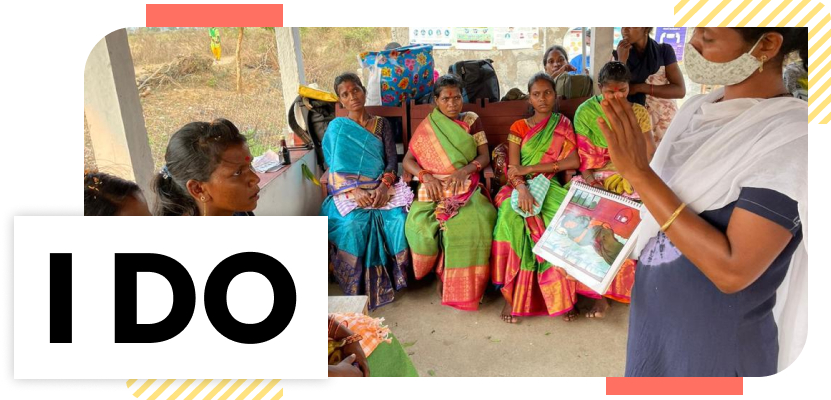
Indigenous Development Organization (I-DO) is a tribal health initiative by Dr. Narendar. It aims to provide basic healthcare and nutrition support to underprivileged communities living in remote, rural locations in Telangana. The organisation works with locals and trains them to fill the gap by providing primary medical care for women and children. The program uses locally produced food items to provide essential nutrients in an effort to reduce the cases of malnutrition and anaemia, which lead to poor growth and high mortality rates.
Due to the remote location, lack of education and awareness as well as poor availability of primary healthcare and emergency services, there is very little medical support available for mothers during pregnancy and childbirth. This has led to a very high infant mortality rate in the region.
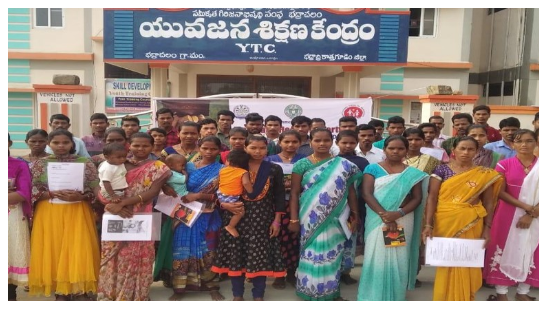
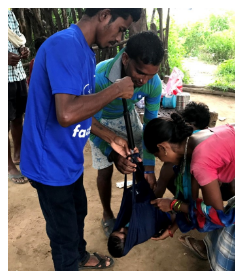
The program has tried to fill this gap by training people from each community and habitation to provide basic healthcare. The trained individuals are called community health workers (CHWs). These trained men and women provide antenatal and postnatal care as well as intrapartum care.
Existence of myths and practices that might harm the mother and babies’ health.
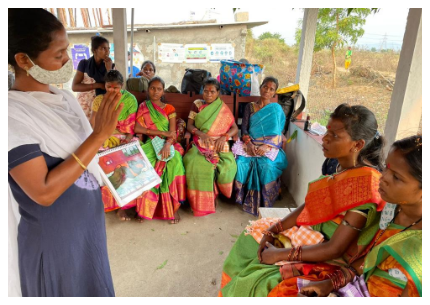
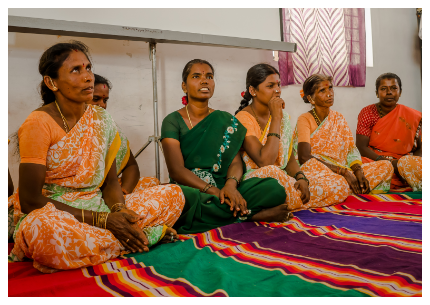
The CHWs engage with local communities to improve awareness about the importance of health and cleanliness without any language barrier. They work with women to dispel any doubts and misbeliefs.
Lack of expert assistance to diagnose and manage chronic conditions and medical emergencies.
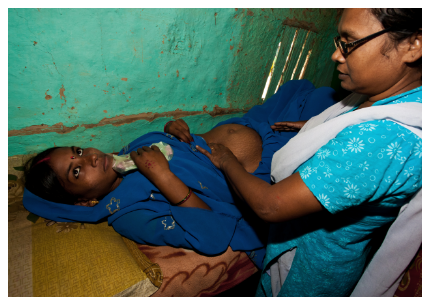
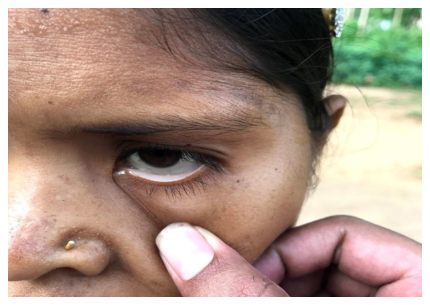
I-DO has also taken up the initiative to provide professional healthcare assistance to all tribal settlements with teams of doctors, pharmacists and local health workers. The team visits the habitations on a weekly basis.
No availability of medical centres to perform regular health check-ups.
I-DO empowers the community health workers by providing them MCH kits to conduct doorstep antenatal check-ups, safely deliver babies at home and provide newborn care.
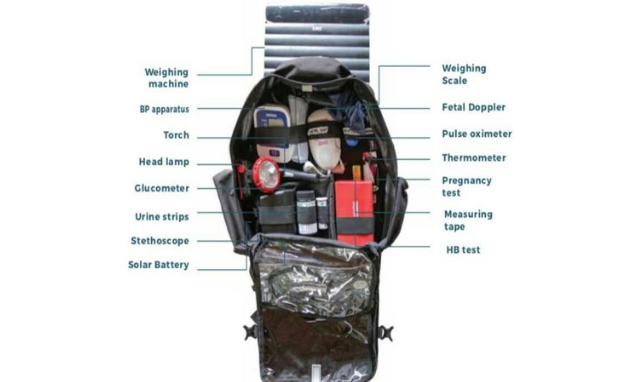
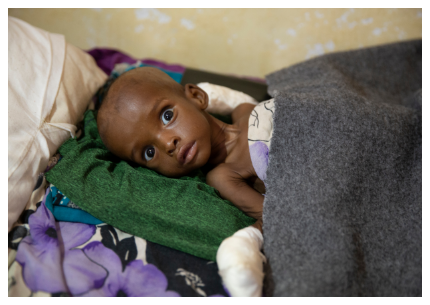
Majority of adolescents, pregnant women & young children suffer from malnutrition and anaemia due to lack of balanced diet. This also contributes to low birth weight in newborn babies & preterm deliveries.
Protein powder made up of local food sources is provided by community health workers to children, pregnant women and lactating mothers in tribal habitations.
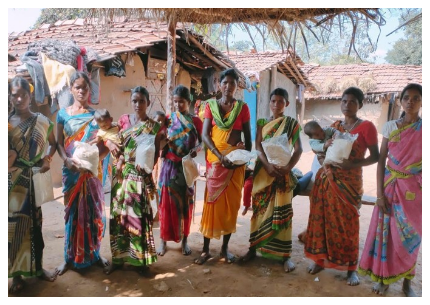
I-DO tries to fill this gap by providing Bridge Schools within the habitations where children get basic education & nutrition support. Students with potential are identified and motivated to join mainstream schools.
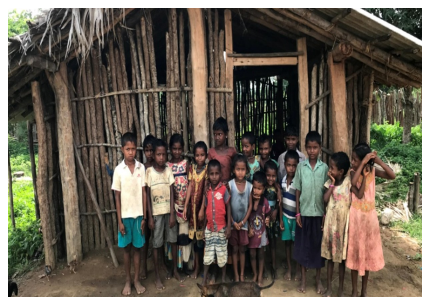
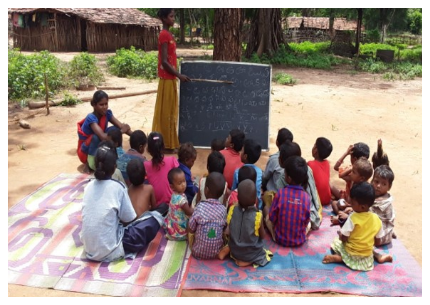
Hardly any anganwadi centres or schools are located in the interior habitations making education inaccessible for the tribal children.
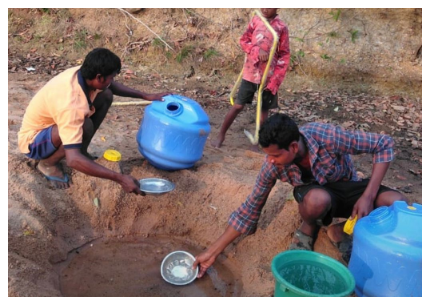
Lack of electricity, wells/bore-wells force tribals to fetch drinking water from nearby streams that is contaminated and unsafe for drinking. This causes frequent spread of water-borne diseases.
I-DO has initiated WATSAN TERAFIL water filters as part of preventive healthcare. These filters require low setup and maintenance cost to remove impurities, turbidity and maintain neutral PH of water.
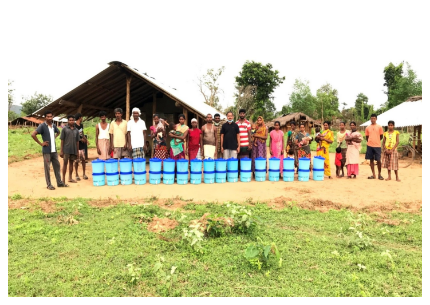
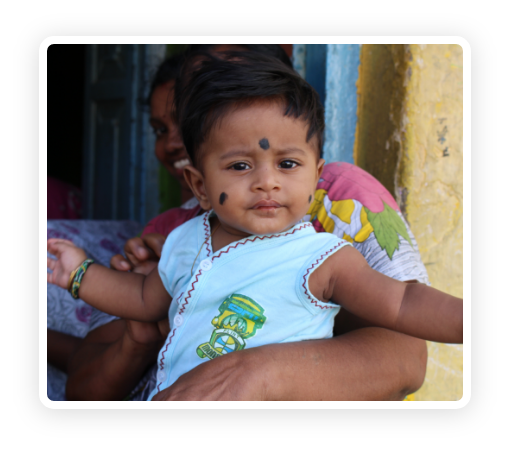
An intake of nutritious ingredients from different food groups, in sufficient quantities, is essential for the physical and mental health of mothers as well as the growth and development of young children.
REAN HealthGuru technology platform can provide input in local languages, helping people understand the nutritional value of foods and maintain a healthy diet.